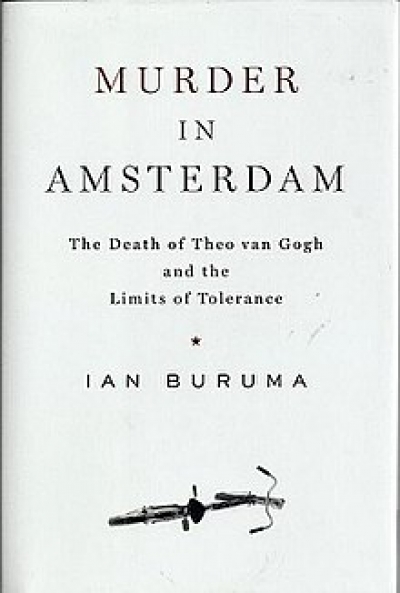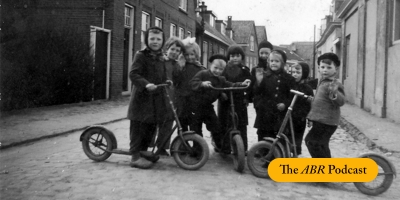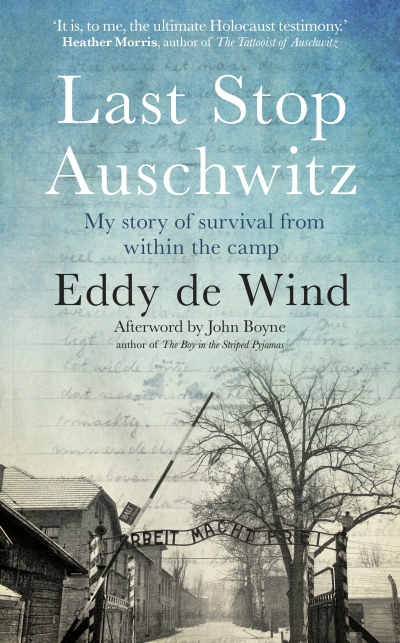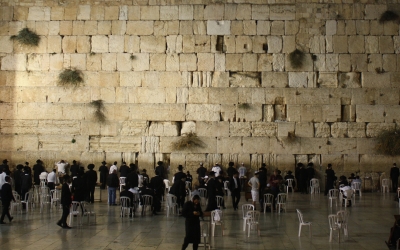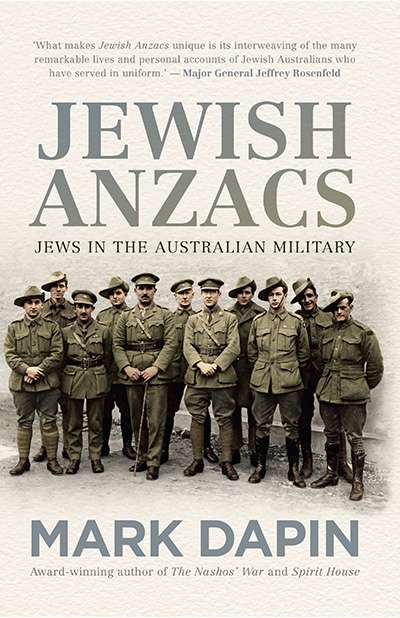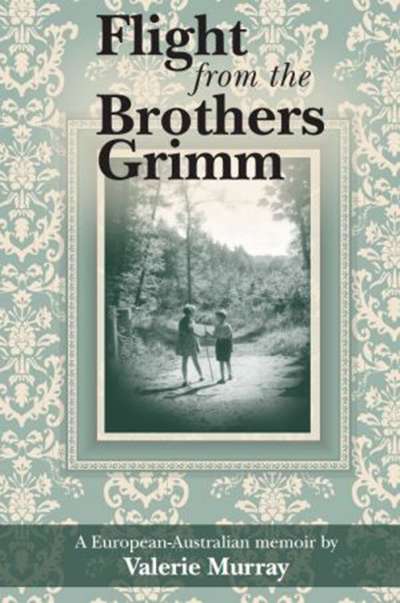Elisabeth Holdsworth
Sign up to From the Archive and receive a new review to your inbox every Monday. Always free to read.
Recent:
The bar is set high
It was a great pleasure to read this year’s Calibre winning and commended essays in ABR. The essays written by Jane Goodall, Kevin Brophy and Rosa-leen Love continue the impressive tradition inaugurated by Elisabeth Holdsworth with her memorable work that won the first Calibre Prize. The bar is set high.
... (read more)Letters to the Editor - March 2007
Dear Editor,
I welcomed Barry Jones’s feisty response (February 2007) to my review of his autobiography, A Thinking Reed (December 2006–January 2007). Such autobiographies, the reviews and the commentaries on them are the first drafts of history, and such debates will be valuable to later and more dispassionate historians. Apart from some sardonic barbs, which I may well deserve, he seems to have only one substantive quarrel with the review and that is with my critical assessment of his performance as science minister in the Hawke government.
... (read more)Murder in Amsterdam by Ian Buruma & Infidel by Ayaan Hirsi Ali
In today’s episode, ABR looks back at the winner of the inaugural Calibre Essay Prize in 2007: ‘An Die Nachgeborenen: For Those Who Come After’ by Elisabeth Holdsworth. Holdsworth was born in the Netherlands in the years following World War II. Zeeland, where she grew up, was heavily bombed during the war and later flooded. Her poignant essay is a dialogue with the past, detailing her recent return to the Netherlands, her family’s vicissitudes and suffering during the war, and an unforgettable portrait of her conflicted mother.
... (read more)Smuggled: An illegal history of journeys to Australia by Ruth Balint and Julie Kalman
Last Stop Auschwitz: My story of survival from within the camp by Eddy de Wind, translated by David Colmer
For most of my life I have thought of myself as a secular Jew; fascinated by the turbulent history of the Jews, not part of synagogue life. All that changed in 2012. We were living in Goulburn, New South Wales, at the time. My husband was on the point of retirement and we were about to move back to Victoria. During winter ...
... (read more)Jewish Anzacs: Jews in the Australian military by Mark Dapin
Fellowships galore

Flight from the Brothers Grimm: A European- Australian memoir by Valerie Murray


